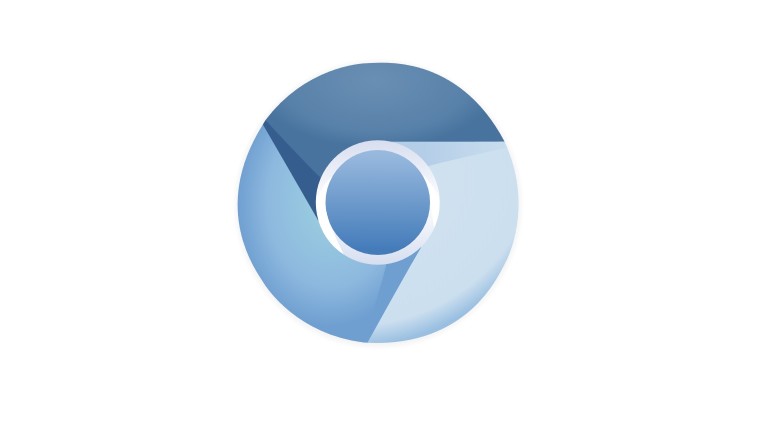
While we're still waiting for a Chromium-powered version of Microsoft Edge to materialize, we do know that it is intended that the browser will end up supporting Chrome extensions. However, according to a draft of the Chrome Extension Manifest V3 implementation, it appears that there could be some bad news for content blocking solutions designed for the browser.
According to the draft, use of the webRequest API currently used by content blockers "will be discouraged (and likely limited) in its blocking form" while a non-blocking implementation would allow nothing more than observation of network activity. Instead, developers will have access to the new declearativeNetRequest API. However, the proposal has drawn the ire from content blocker heavyweights such as Raymond Hill, best known as the author of uBlock Origin and uMatrix, who said:
"If this (quite limited) declarativeNetRequest API ends up being the only way content blockers can accomplish their duty, this essentially means that two content blockers I have maintained for years, uBlock Origin ("uBO") and uMatrix, can no longer exist."
"With such a limited declarativeNetRequest API and the deprecation of blocking ability of the webRequest API, I am skeptical "user agent" will still be a proper category to classify Chromium."
Furthermore, Hill noted that the ability of rules under uBlock Origins and uMatrix to override each other in an unlimited fashion, something that "cannot be translated into a declarativeNetRequest API besides the "crippling limitation" of 30,000 entries. In fact, the "EasyList" filter by itself would surpass the limit without enabling any other lists.
Of course, the draft of the forthcoming implementation could well change before ending up in its final form but it remains to be seen if there will be sufficient backlash to cause Google to backtrack or, if it sticks to its guns, entice users to swap to other browsers like Mozilla Firefox.
Source: gHacks

















78 Comments - Add comment